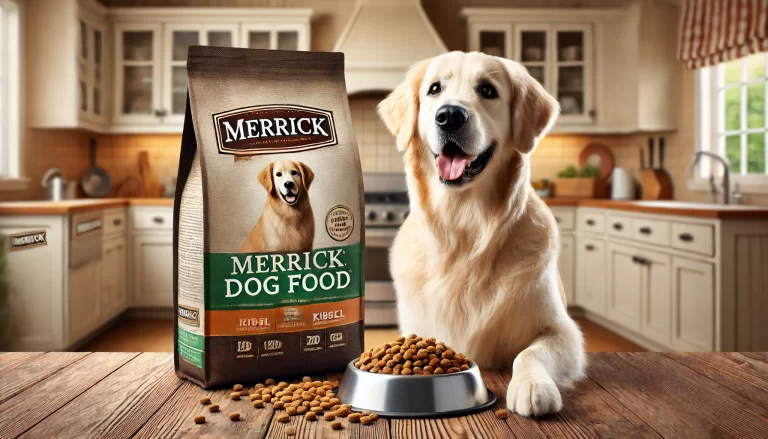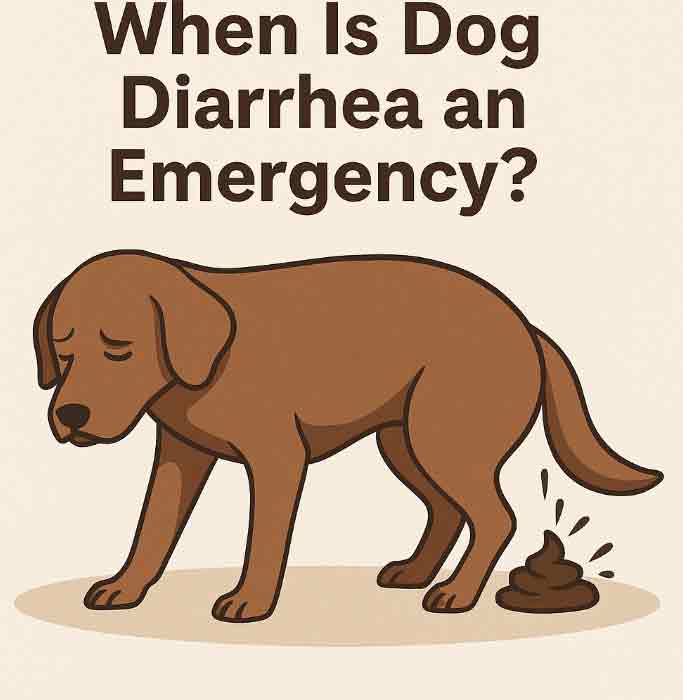Can Dogs Have Vegetable Broth? Benefits, Safety & How to Serve
Table of Contents
- Introduction
- Is Vegetable Broth Safe for Dogs?
- Benefits of Vegetable Broth for Dogs
- Ingredients to Avoid in Vegetable Broth
- How to Make Dog-Friendly Vegetable Broth
- Store-Bought vs. Homemade Broth
- How to Serve Vegetable Broth to Dogs
- Serving Size Guidelines
- When Not to Give Vegetable Broth to Dogs
- FAQ
- Conclusion
Introduction
Many pet owners looking to provide comfort and hydration for their dogs ask the question: can dogs have vegetable broth? The answer is yes—under the right conditions. Vegetable broth can be a flavorful and nutritious addition to your dog’s diet, but only if it’s prepared safely and thoughtfully. In this article, we’ll break down everything you need to know before pouring that warm bowl of broth into your pup’s dish.
Is Vegetable Broth Safe for Dogs?
Yes, dogs can have vegetable broth—as long as it’s made with pet-safe ingredients. Broth can serve as a hydrating treat, a topper for dry food, or a way to encourage sick or picky dogs to eat. However, commercial broths often contain seasonings, onions, garlic, or additives that can be harmful to dogs.
Benefits of Vegetable Broth for Dogs
- Hydration: Helps increase water intake, especially for dogs who don’t drink enough.
- Appetite Boost: Enhances the aroma and palatability of meals.
- Soothing for Sick Dogs: Warm broth can be comforting during illness or recovery.
- Nutrition: Homemade broths with vegetables like carrots and celery can offer vitamins and minerals.
- Low-Calorie Treat: A good snack option for overweight or senior dogs.
Ingredients to Avoid in Vegetable Broth
When giving your dog vegetable broth, avoid these toxic or irritating ingredients:
- Onions and garlic: Both can cause red blood cell damage and anemia in dogs.
- Salt: High sodium levels can lead to dehydration or sodium poisoning.
- Spices: Seasonings like paprika, pepper, or nutmeg may irritate a dog’s stomach.
- Artificial flavorings or preservatives: These may cause allergic reactions or digestive upset.
How to Make Dog-Friendly Vegetable Broth
Making homemade broth is simple and safe when you stick to dog-approved ingredients. Here’s a basic recipe:
- Add chopped carrots, celery, green beans, and pumpkin to a pot.
- Cover with water and simmer for 1–2 hours.
- Strain out the vegetables and let the broth cool.
- Refrigerate and use within 3–5 days or freeze for longer storage.
Tip: Avoid adding oil, butter, or bouillon cubes, which often contain hidden seasonings or salt.
Store-Bought vs. Homemade Broth
Homemade vegetable broth is always the safest option. It gives you full control over the ingredients. If you choose store-bought broth, read the label carefully and look for:
- “No salt added” or “low sodium”
- No onion or garlic
- No added preservatives
- Simple ingredient list (just vegetables and water)
Some pet-specific broths are available in pet stores and online, specifically formulated for dogs.
How to Serve Vegetable Broth to Dogs
Here are a few fun and functional ways to feed vegetable broth:
- Pour over dry kibble to enhance aroma and taste
- Serve slightly warm (never hot) as a hydrating snack
- Freeze in ice cube trays for summer treats
- Use in homemade dog treat recipes or meal toppers
Serving Size Guidelines
Like all treats and extras, moderation is key. Here’s a rough guideline by size:
- Small dogs: 1–2 tablespoons
- Medium dogs: 2–4 tablespoons
- Large dogs: 1/4 to 1/2 cup
Always introduce new foods slowly and watch for any allergic reactions or digestive upset.
When Not to Give Vegetable Broth to Dogs
Avoid giving broth if your dog has:
- Kidney disease (due to sodium sensitivity)
- Food allergies to any broth ingredients
- Pancreatitis or a low-fat diet (if broth contains added oils)
Consult your vet if your dog has ongoing health conditions or is on a prescription diet.
FAQ
Can puppies have vegetable broth?
Yes, in moderation and only with vet-safe ingredients. Avoid onions, garlic, and high salt levels.
Can I mix vegetable broth with dog food?
Absolutely. It’s a great way to soften kibble and make meals more appealing.
Is chicken or beef broth better than vegetable broth?
It depends on your dog’s diet. Meat-based broths are higher in protein, but vegetable broth is gentler and good for dogs with sensitivities.
Can I give broth to a dog with diarrhea?
Yes, a mild, unsalted broth can help with hydration. Always consult a vet if symptoms persist.
How often can I give my dog vegetable broth?
2–3 times per week in small quantities is generally safe for healthy dogs.
Conclusion
So, can dogs have vegetable broth? The answer is a resounding yes—if it’s made with dog-safe ingredients and served in moderation. It can be a nutritious, tasty, and hydrating addition to your pup’s diet. Whether you’re enhancing mealtime or helping a sick dog recover, vegetable broth can be a wholesome option. Just remember: always read labels, avoid toxic ingredients, and when in doubt, consult your vet.
Looking for more safe human foods for dogs? Explore our full guide to canine nutrition and treat ideas!







